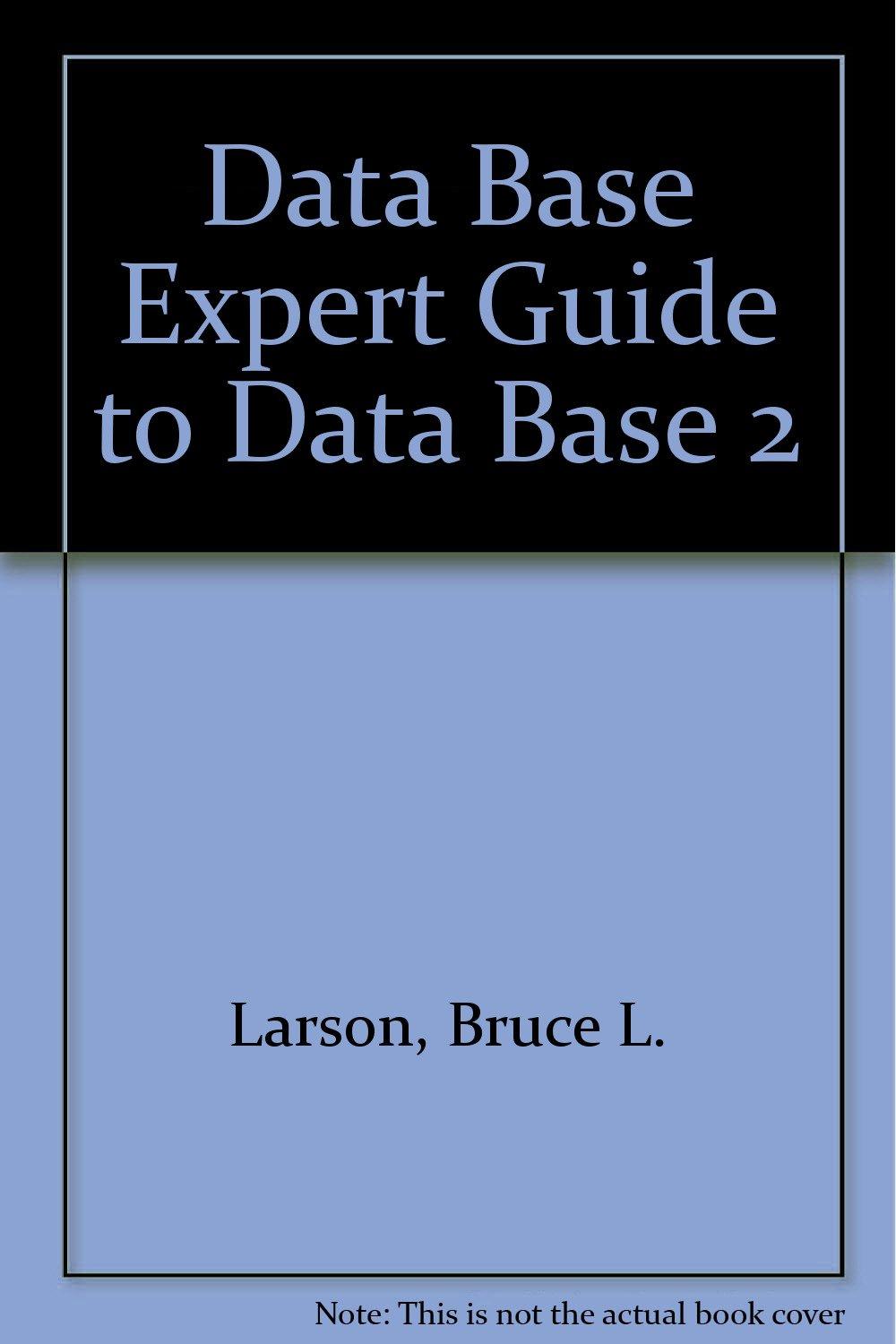Answered step by step
Verified Expert Solution
Question
1 Approved Answer
1 . ( a ) Translate each of the following English sentences into the syntax of propositional logic using the indicated letters. For each letter,
a Translate each of the following English sentences into the syntax of propositional logic using the
indicated letters. For each letter, indicate explicitly the statement it stands for.
i Earning a final mark of in the computational logic course is a necessary condition for a
student to obtain their masters degree. p
ii If computational logic is a difficult subject, then Bobby and Connie will pass only if they study.
d b c s
iii. If Q is a quadrilateral, then Q is a parallelogram if and only if its opposite sides are both equal
and parallel. q p e
b Translate the following argument from Platos Crito into the syntax of propositional logic, and then
prove that the argument is valid.
Premise If Socrates did not approve of the laws of Athens, then he would either have left Athens
or else have tried to change the laws.
Premise If Socrates did not leave Athens and did not try to change the laws, then he agreed
to obey the laws.
Premise Socrates did not leave Athens.
Conclusion. If Socrates did not try to change the laws, then he approved of the laws and agreed
to obey them.
Hint. You can prove validity by contradiction: assume that there exists an interpretation where all
premises are true but the conclusion is false.
Step by Step Solution
There are 3 Steps involved in it
Step: 1

Get Instant Access to Expert-Tailored Solutions
See step-by-step solutions with expert insights and AI powered tools for academic success
Step: 2

Step: 3

Ace Your Homework with AI
Get the answers you need in no time with our AI-driven, step-by-step assistance
Get Started


